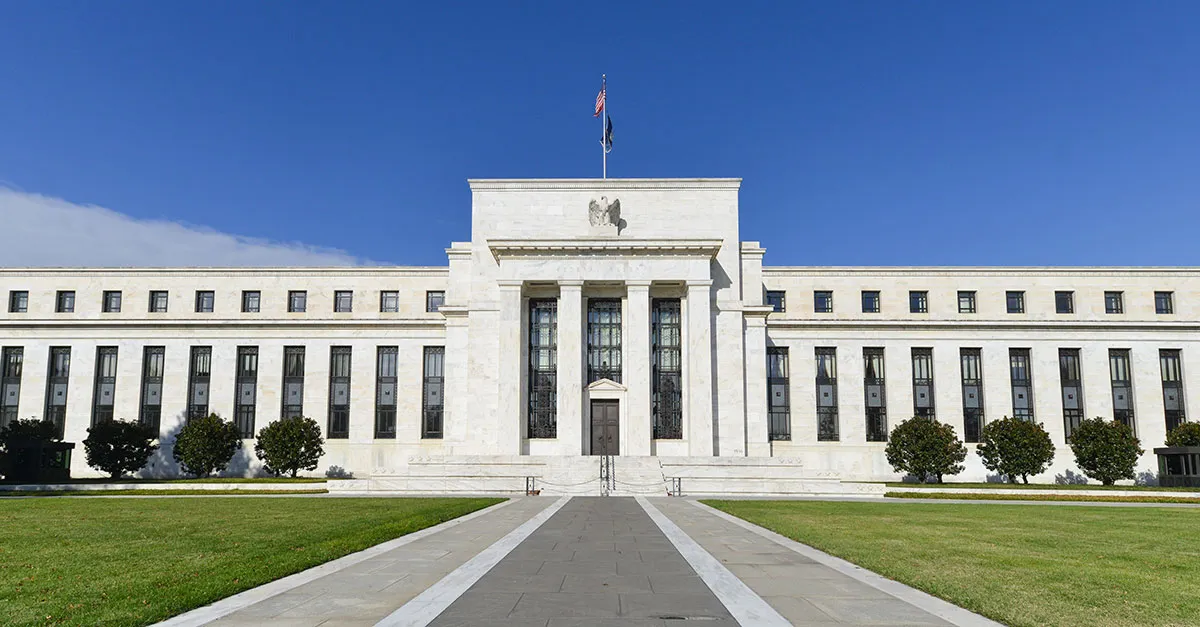Keep calm
The news from Italy is worrying. Within 24 hours, the number of deaths has risen by a further 133 people to a total of 366. The Italian government ordered the closure of the north of the country. But not only Italy is affected.
The virus is spreading worldwide and elsewhere the authorities will be forced to take drastic action. This increases the risk of a sudden stop of the global economy. This is because consumers are insecure and will likely consume less due to quarantine regimes. At the same time, production will come to a standstill due to the interruption of supply chains. The corona shock therefore affects both the demand and the supply side. A recession has become more likely in the eurozone in the first half of the year, but there are no signs of this being the case for the world economy.
How are governments and central banks reacting?
The question now is what measures will governments and central banks take to cushion the economic impact. We expect that support announcements will be made in the coming days due to the situation in financial markets. But the simultaneous demand and supply shock makes the situation for policy makers challenging.
A reduction in key interest rates will not be enough for financial markets. Central banks are therefore likely to buy securities again ("quantitative easing"). Corporate bonds are an obvious instrument to address market concerns.
On the fiscal side, tax cuts would be an effective tool. In the worst case scenario, special credit programmes with government guarantees can help companies survive for a certain period of time. As employment will also suffer in the coming weeks, measures are likely to be taken to mitigate the consequences for employees. In Germany, for example, the short-time work allowance is to be simplified.
Oil price slump at a difficult time
As if the outbreak of the coronavirus wasn't bad enough, a dispute between oil producers Saudi Arabia and Russia is now leading to a fall of the oil prices. Actually, the oil cartel Opec had wanted to reduce production in order to support prices - also because of an expected weakness in demand by Covid-19. However, because no agreement was reached between Opec and the other major producers such as Russia, the current reduction agreement expires at the end of March.
In response, Saudi Arabia has cut prices as drastically as it last did 20 years ago and is also threatening to flood the already oversupplied market. Both of these factors have resulted in quotations for WTI and Brent oil, which are at times 30% lower than the previous trading day.
Because Saudi Arabia benefits from low production costs compared to other oil producers, the country's strategy is pushing other suppliers out of the market, not least the shale oil producers in the USA. The last such attack on the shale oil industry took place two years ago and resulted in numerous bankruptcies and takeovers in the sector. Such energy producers typically work with a lot of debt, which they procure in the high-yield market. These borrowers account for around 10% of the USD market. This is why credit spreads jumped at the time, which was also reflected in other segments of the bond market.
This time is no different. Exchange Trades Funds (ETFs), which replicate high-yield indices, had to service over USD 4 billion in redemptions last week, with a total volume of USD 166 billion. As the funds have to sell physical bonds, the bid-ask spreads have already widened. This reinforces our view that only to invest in bonds issued by high-quality companies and avoid borrowers from the energy sector, car manufacturers and tourism companies in particular. Banks that have large outstanding debts in the energy sector are also likely to be affected.
Conclusion
The collapse in oil prices has further the level of stress on the markets once more. This increases the probability of further intervention by central banks. We expect new government measures to mitigate the economic consequences. Both the central banks and politicians have signalled support.
We recommend that investors remain calm in this market environment and do not act hastily. Investors who are invested according to their strategic allocation should stick with it. We recommend reviewing and reducing any low credit quality exposure.
Disclaimer
This document was produced by VP Bank AG (hereinafter: the Bank) and distributed by the companies of VP Bank Group. This document does not constitute an offer or an invitation to buy or sell financial instruments. The recommendations, assessments and statements it contains represent the personal opinions of the VP Bank AG analyst concerned as at the publication date stated in the document and may be changed at any time without advance notice. This document is based on information derived from sources that are believed to be reliable. Although the utmost care has been taken in producing this document and the assessments it contains, no warranty or guarantee can be given that its contents are entirely accurate and complete. In particular, the information in this document may not include all relevant information regarding the financial instruments referred to herein or their issuers.
Additional important information on the risks associated with the financial instruments described in this document, on the characteristics of VP Bank Group, on the treatment of conflicts of interest in connection with these financial instruments and on the distribution of this document can be found at https://www.vpbank.com/legal_notice_en


